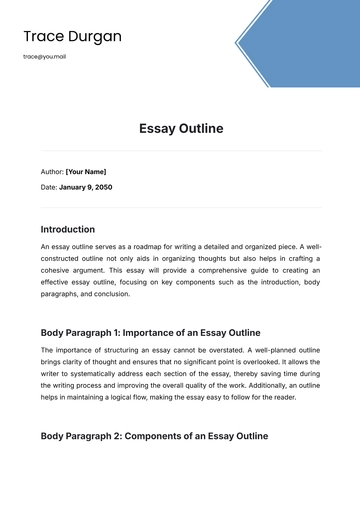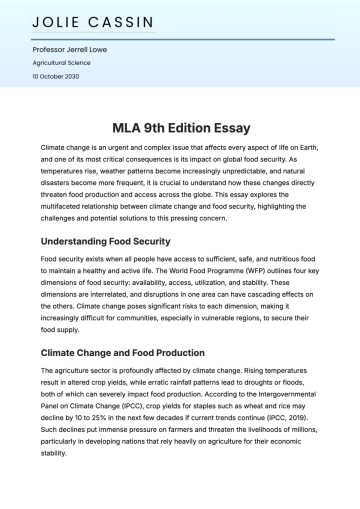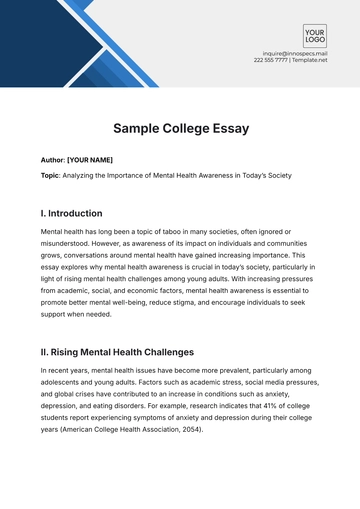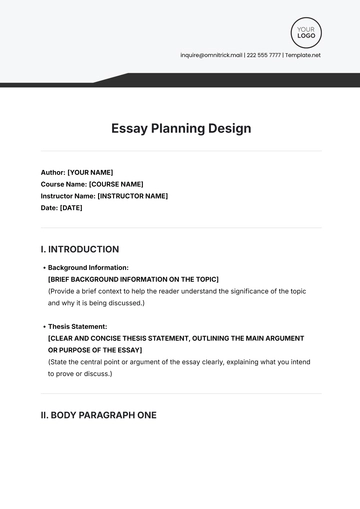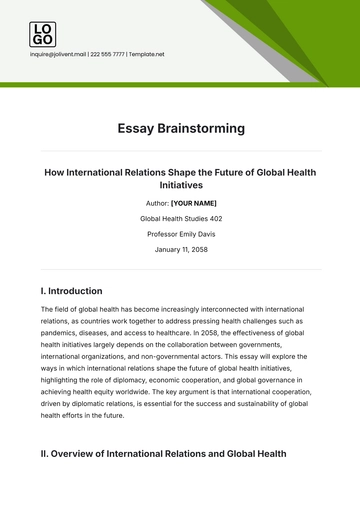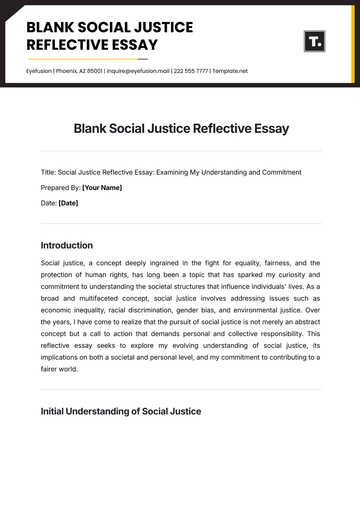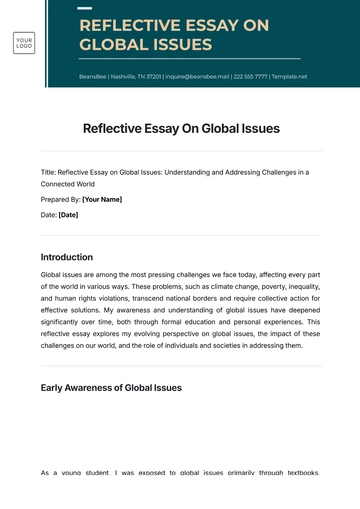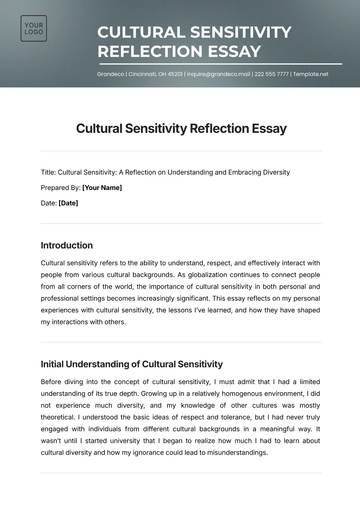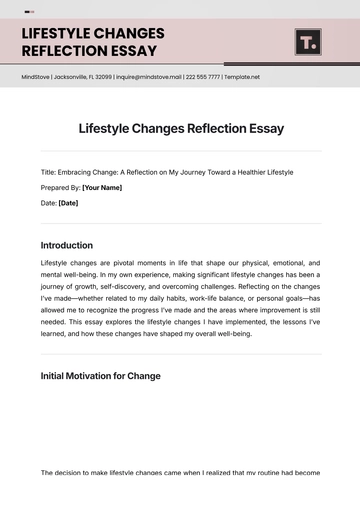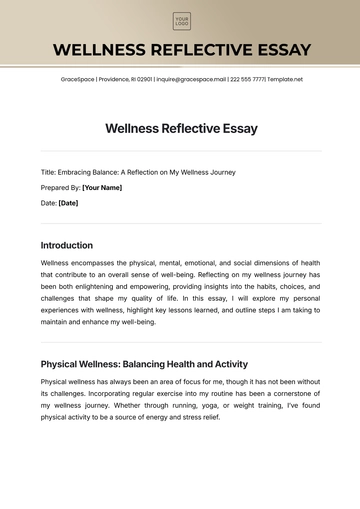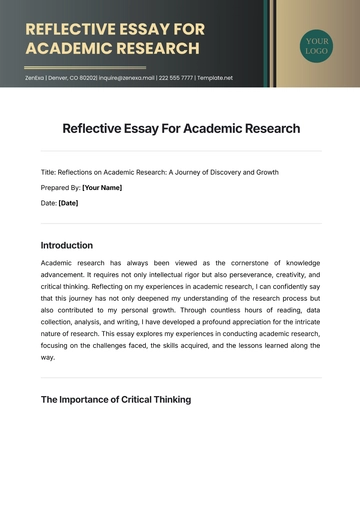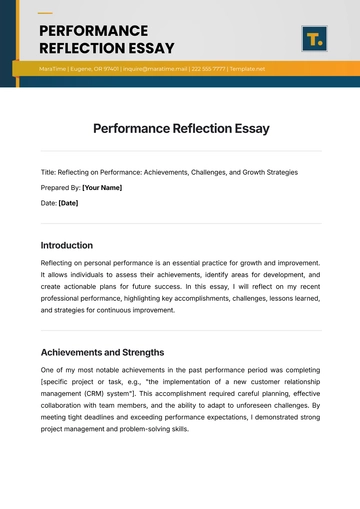Free Global Warming and Climate Change Essay

Global warming, a significant facet of climate change, stands as a foremost challenge of our era, exerting profound impacts on Earth's delicate ecosystems. As temperatures rise due to human activities, the intricate interplay between global warming and nature becomes increasingly evident, necessitating concerted efforts to mitigate its adverse effects. In this essay, we delve into the nexus between global warming and nature, emphasizing the imperative of preserving natural systems to counteract the escalating climate crisis.
Global warming manifests as a primary driver of climate change, disrupting natural processes and ecosystems worldwide. The warming of the planet precipitates a plethora of ecological shifts, from the melting of polar ice caps and glaciers to the alteration of precipitation patterns and the intensification of extreme weather events. Such disruptions pose grave threats to biodiversity, as species struggle to adapt to rapidly changing environmental conditions, leading to habitat loss, range shifts, and increased extinction risks.
The repercussions of global warming reverberate across diverse ecosystems, from terrestrial forests to marine habitats. Deforestation, exacerbated by rising temperatures and human activities, not only diminishes carbon sequestration capacity but also undermines the resilience of forest ecosystems, driving species loss and ecosystem degradation. Similarly, marine ecosystems face unprecedented challenges, including ocean acidification, coral bleaching, and sea-level rise, posing existential threats to marine biodiversity and coastal communities.
Nature-based solutions emerge as a critical strategy in mitigating the impacts of global warming on natural systems. By restoring degraded habitats, implementing sustainable land-use practices, and enhancing biodiversity conservation efforts, we can bolster ecosystem resilience while sequestering carbon and mitigating climate change. Embracing nature-based adaptation measures, such as coastal restoration and green infrastructure development, offers avenues for enhancing community resilience and reducing vulnerability to climate-related risks.
In confronting the escalating threat of global warming, preserving the integrity of nature stands as a paramount imperative. By recognizing the intrinsic value of biodiversity and ecosystems, we can chart a course towards a more sustainable and resilient future. Through concerted action to mitigate greenhouse gas emissions, conserve natural habitats, and embrace nature-based solutions, we can mitigate the adverse effects of global warming while safeguarding the ecological balance of our planet.
Let us heed the call to protect and restore nature, acknowledging that our collective well-being hinges on the health and vitality of Earth's diverse ecosystems.
- 100% Customizable, free editor
- Access 1 Million+ Templates, photo’s & graphics
- Download or share as a template
- Click and replace photos, graphics, text, backgrounds
- Resize, crop, AI write & more
- Access advanced editor
Explore the interconnected issues of global warming and climate change with Template.net's essay template. This editable and customizable resource provides a comprehensive framework for discussing the causes, effects, and solutions to these pressing environmental challenges. Seamlessly tailor and refine your essay using our Ai Editor Tool, exclusively on Template.net.

